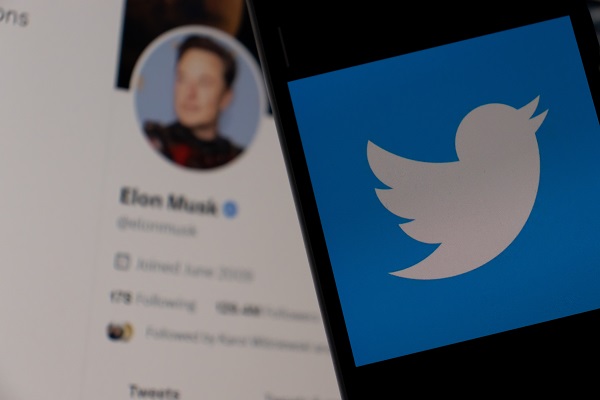In the fast-paced world of social media, few events have been as transformative as Elon Musk’s $44 billion takeover of Twitter in October 2022. Known for his leadership roles at SpaceX and Tesla, Musk’s acquisition of the social media behemoth was fueled by concerns about free speech and perceived mismanagement. His ambitious vision for the future of Twitter, combined with a commitment to harnessing the power of AI, signals a new era for the platform.

Championing Free Speech
Musk, a self-proclaimed ‘free speech absolutist,’ viewed his takeover of Twitter as an opportunity to address long-standing concerns about online free speech. His acquisition was seen by many as a positive shift, particularly in light of criticisms about perceived biases in Twitter’s previous content moderation practices.
At the core of Musk’s strategy is a feature known as “Community Notes.” This tool empowers Twitter users to collaboratively add context to potentially misleading tweets. If a diverse range of contributors rates a note as helpful, it becomes publicly visible, providing additional context for all users. This system encourages a more participatory, community-driven approach to content moderation, potentially allowing a broader spectrum of voices to be heard.
Transparency and Open Source
In a significant move toward transparency, Musk decided to make the algorithm behind the Community Notes feature open source, allowing it to be publicly accessible on GitHub. This decision not only promotes community contributions but also facilitates public scrutiny, underlining Musk’s commitment to free speech and community participation.
Open source code, such as that of the Community Notes algorithm, enhances accountability in Twitter’s moderation practices. While it doesn’t solve all issues, it offers an avenue for continuous improvement and wider participation, fostering a more transparent and inclusive platform.
Artificial Intelligence and the Future of Twitter
Musk, a prominent advocate of artificial intelligence, is likely to leverage AI significantly in Twitter’s ongoing development. AI has the potential to be a powerful tool for content moderation, identifying patterns of misinformation, abuse, or hate speech far more quickly than human moderators.
Musk’s philosophy regarding AI has always been about augmenting human intelligence, not replacing it. AI could potentially enhance the Community Notes feature, flagging tweets for review or detecting attempts to manipulate the system.
Furthermore, machine learning algorithms could be used to personalize user experiences, curate content more effectively, and identify and promote high-quality, reliable information. The challenge lies in ensuring that AI’s involvement in content curation and moderation doesn’t inadvertently lead to new forms of bias or censorship.
Conclusion
Elon Musk’s acquisition of Twitter marks a landmark moment in social media history. His dedication to free speech, transparency through open source aspects, and a community-driven approach to content moderation could potentially transform Twitter into a more open and equitable platform.
The thoughtful integration of artificial intelligence into Twitter’s development could further amplify the platform’s capabilities to combat misinformation and enhance user experiences. As with any significant change, challenges are inevitable, but the potential for a new era of enhanced free speech on Twitter is unquestionably promising.
Ultimately, Musk’s vision for Twitter emphasizes the crucial role of free speech, community participation, and judicious use of technology in shaping the future of social media. The full realization of this vision may be yet to come, but the potential for a more transparent, fair, and open platform is indeed tantalizing.
